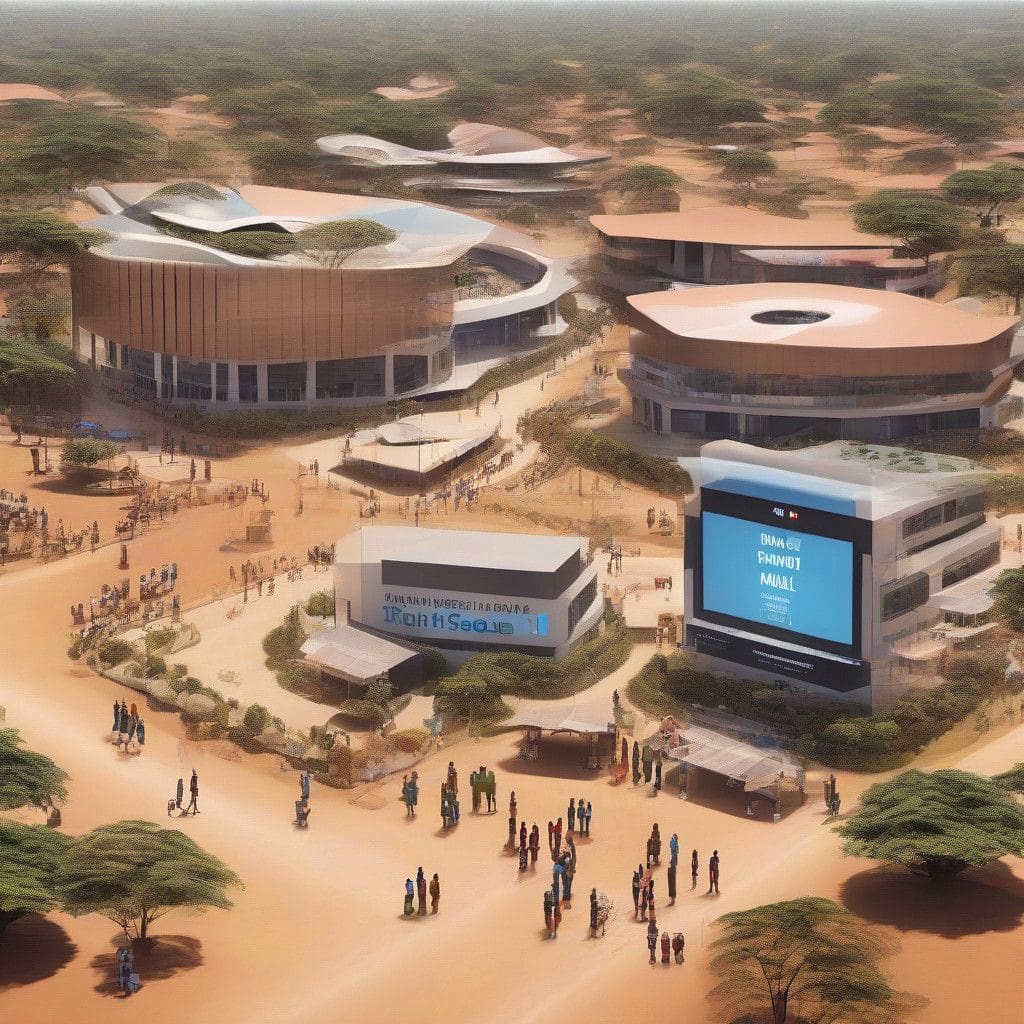Huawei is spearheading a significant project aimed at enhancing digital access and skills in Malawi through its innovative Smart Village Program. This initiative seeks to address the pressing issue of the digital divide in rural regions, providing numerous opportunities for growth and development. By integrating smart agricultural technologies, advancing access to financial services, and improving education and healthcare systems, the program aims to position Malawi on the path to becoming an industrialized upper-middle-income nation by 2063.
The foundation of this initiative is Huawei’s broader $430 million investment plan for Africa, which emphasizes the development of cloud infrastructure, talent training, and long-term technological advancement across the continent. This commitment aligns with Malawi’s MW2063 agenda, reflecting a shared vision for sustainable development and prosperity.
To ensure the long-term impact of its program, Huawei plans to establish technical training centers in rural areas. These centers will equip young Malawians with critical digital skills in fields such as artificial intelligence (AI), cybersecurity, and smart agriculture. Enhancing these skills is crucial for the future workforce, enabling them to navigate and adapt to the rapidly changing technological landscape.
Moreover, Huawei’s efforts build upon its previous collaboration with the Malawian government, notably the establishment of Malawi’s National Data Centre in 2022. This data center represents a significant leap forward in the nation’s digital infrastructure, providing the necessary backbone to support various digital services and applications.
Huawei’s initiatives are not limited to Malawi alone; they extend to other African countries. In Zambia and Uganda, Huawei is also involved in smart village projects, while in Kenya, the company contributes to various smart city initiatives. Thus, Huawei’s regional strategy reflects a comprehensive approach to enhancing connectivity and fostering technological innovation across Africa.
The implications of Huawei’s investments are vast. By facilitating access to modern technology and providing training, the company is helping to build a capable workforce ready to tackle various challenges in sectors such as healthcare, agriculture, and finance. For instance, by enhancing agricultural practices through smart technologies, farmers can increase yields, reduce waste, and improve food security—issues that are particularly significant in developing nations like Malawi.
Moreover, the emphasis on digital skills training is essential for empowering the youth. With a burgeoning population of young people, Malawi has an opportunity to leverage its demographic advantage. By providing education in digital skills, Huawei aims to create employable individuals who can contribute to the economy and drive innovation.
In conclusion, Huawei’s commitment to empowering Malawi through its Smart Village Program is a prime example of how technology can be harnessed for social and economic development. This initiative not only enhances digital access but also prepares the country’s population for the future, supporting Malawi’s ambitions outlined in its MW2063 agenda. As countries across Africa strive for modernization, partnerships like this will be vital in fostering an environment conducive to sustainable growth and progress.












